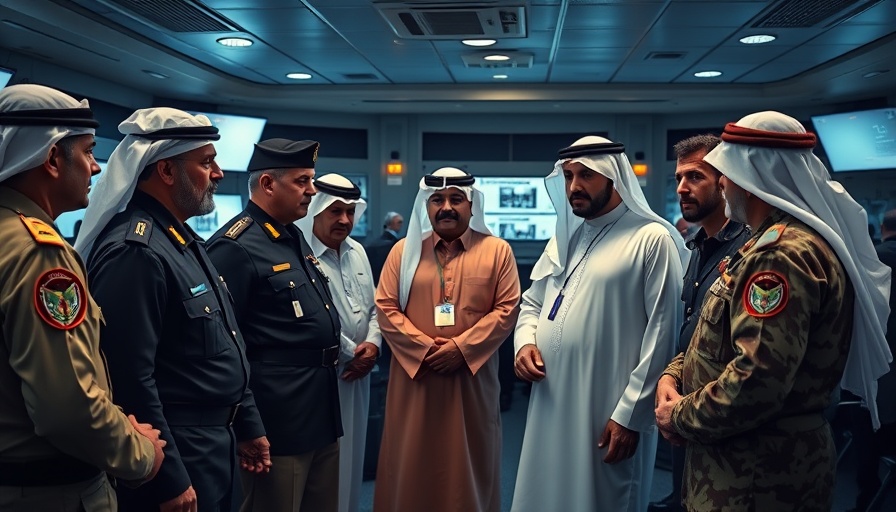
GU-Q Students Dive into Climate Change Research
This summer, a group of students from Georgetown University in Qatar (GU-Q) embarked on an unforgettable journey to Greece, where they fused oceanographic study with practical applications of satellite technology to address the pressing issue of climate change.
A Blend of Theory and Practice
The "Sensing Marine Ecosystem Health & Climate Impacts from Space" program, hosted by GU-Q in collaboration with the National and Kapodistrian University of Athens, immersed a select group of students into hands-on marine research. According to participant Adeena Hossain, the experience was transformative: "It was an immersive experience that combined academia with hands-on oceanographic fieldwork." The coursework focused on analyzing satellite data to study the effects of climate change and human activities on marine ecosystems.
Exploring Greece's Natural Treasures
During their voyage, students explored Athens and Andros Island, where they learned not just about marine science but also gained insights into local communities and sustainability practices. Under the guidance of experts like Dr. Dionysios Raitsos and Dr. Jesse Meiller, students collected phytoplankton samples and visited sustainable farms, deepening their understanding of environmental stewardship.
Research That Connects Communities
One of the course's highlights was a capstone project where participants presented their findings to local stakeholders. This engagement underscores the importance of integrating scientific research with community needs. Raikhan Primbetova, another participant, noted, "Our findings, which we shared with local environmental stakeholders, highlighted the ecological impact of freshwater inflow on marine productivity and its implications for climate-driven change in ocean systems." This hands-on approach equipped students with the tools to make a tangible impact in the fight against climate change.
Highlights from Student Research Projects
Students delved deep into various aspects of marine productivity, analyzing the consequences of upwelling phenomena and phytoplankton dynamics. Tuan Nguyen and his teammates, including Zoe Gutherman and Michail Karamolegos, leveraged their diverse academic backgrounds—ranging from environmental studies to chemistry—to analyze the Western Equatorial Atlantic. Tuan elaborated on their comprehensive approach, merging insights from environmental humanities with hard scientific analysis, ensuring their findings were broad and impactful.
The Future of Marine Research: Predictions and Opportunities
The program not only provided crucial research opportunities but also highlighted the growing need for interdisciplinary approaches in tackling climate change. With rising global temperatures and fluctuating marine ecosystems, understanding the interconnectedness of various environmental factors through satellite technology is becoming increasingly vital. As students like Adeena and Raikhan prepare to share their experiences and findings, they contribute to building a more sustainable future.
Conclusion: Empowering Future Leaders in Climate Action
The immersive experience offered by GU-Q helps cultivate a new generation committed to environmental sustainability. By combining academic learning with real-world application, students are empowered with the knowledge and skills needed to make impactful contributions to climate science. As the fight against climate change intensifies, initiatives like this not only enhance academic understanding but also encourage civic engagement, ensuring that the next generation of leaders is ready to tackle global challenges with both expertise and passion.
 Add Row
Add Row  Add
Add 




 Add Row
Add Row  Add
Add 

Write A Comment